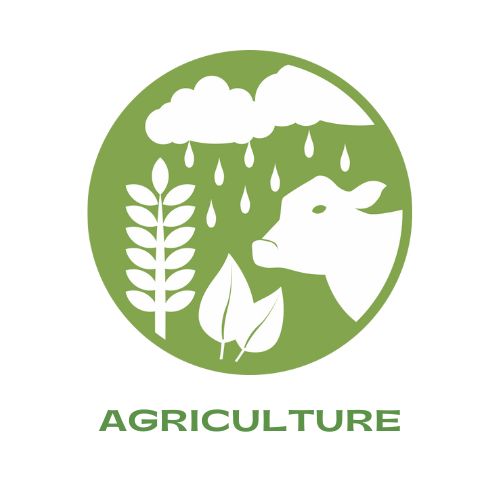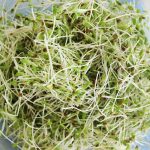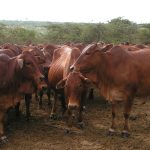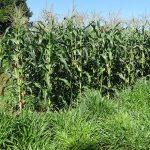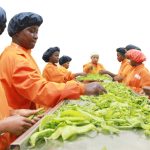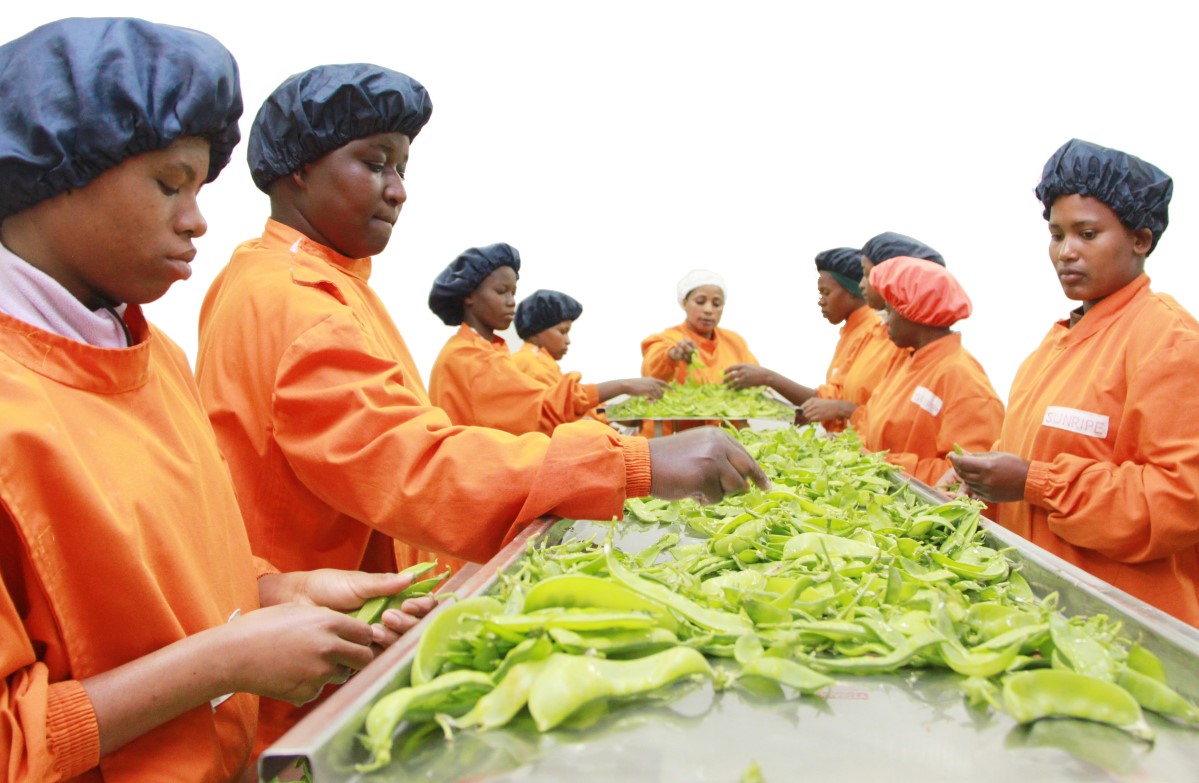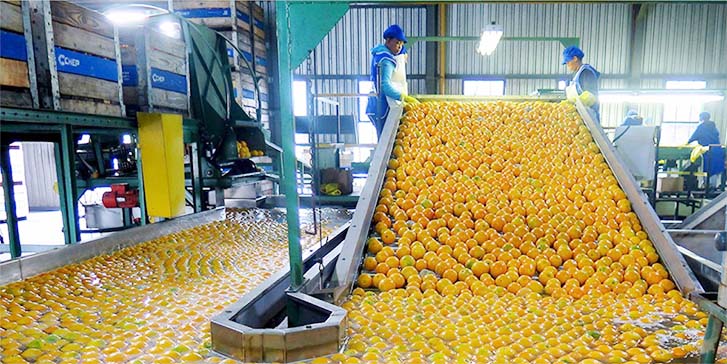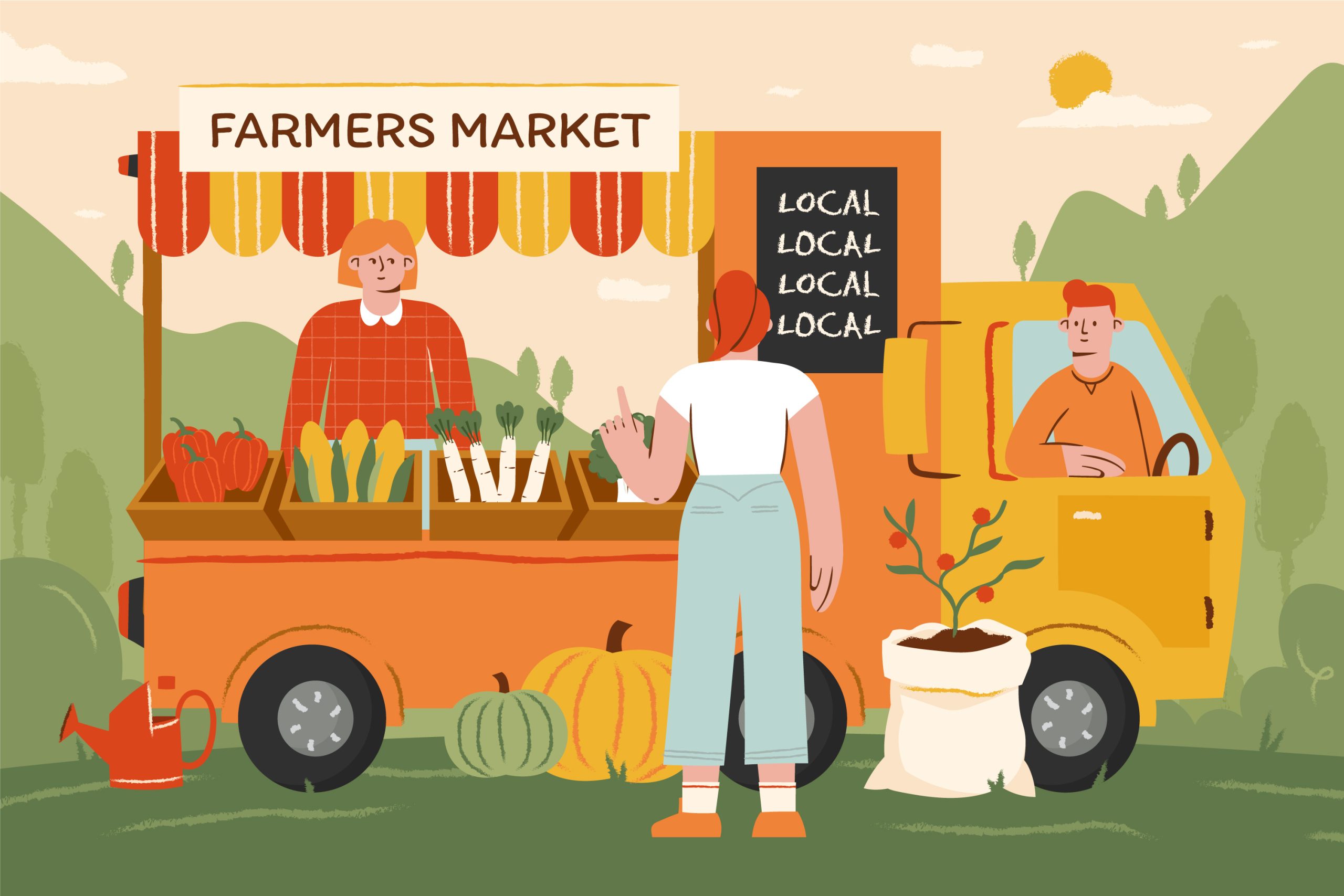With climate change and resource scarcity threatening agricultural productivity, sustainability has become imperative for the future of farming in Kenya. While traditional agricultural practices have caused environmental degradation, innovative sustainable techniques are reversing the damage while enhancing productivity, climate resilience, and long-term farm viability.
By adopting such solutions, Kenya’s smallholder farmers and agribusinesses can usher in a greener agricultural future with robust harvests. This article explores five sustainable farming practices that are gaining traction across the country.
Overuse of Agrochemicals and its Impacts
Decades of reliance on agrochemicals to boost yields have caused immense ecological harm in Kenya’s agriculture sector. Some key concerns include:
- Indiscriminate use of synthetic fertilizers has depleted soil organic matter, devastating soil health and fertility. Soil acidification is also increasing.
- Pesticide overuse has killed beneficial soil microorganisms, pollinators and natural predators, disrupting ecosystems. Persistent chemical residues also contaminate food and water sources.
- Herbicide overuse has diminished local plant biodiversity that maintains ecological balance. This has led to herbicide resistance in weeds and shifts in weed composition.
- Agrochemical runoff has polluted water bodies like Lake Naivasha, decimating aquatic life. Livestock and human health risks are also rising.
- Overuse of veterinary drugs like antibiotics in livestock has spurred antimicrobial resistance in disease-causing pathogens, making infections untreatable.
5 Sustainable Approaches That Are Gaining Traction
To reverse the damage, Kenyan farmers are adopting sustainability practices:
1. Conservation Agriculture
This centers on minimal soil disturbance through zero or low tillage, permanent soil cover using crop residue, and rotation with nitrogen-fixing legumes. Benefits include preventing erosion, increasing organic matter, and improving moisture retention and soil biodiversity.
2. Integrated Pest Management (IPM)
IPM minimizes pesticide usage by combining insect-resistant crop varieties, regular field monitoring for timely targeted application, use of biological controls like parasitoids, and cultural practices like intercropping and trap crops that deter pests. This curbs resistance and ecological impact.
3. Organic Farming
Organic farming eliminates synthetic fertilizer and pesticide usage through practices like applying compost and manure, intercropping with nitrogen-fixing legumes, crop rotation, and adoption of organic certified seeds and biopesticides. Productivity is maintained through ecological processes.
4. Agroforestry
Intercropping food crops with trees increases vegetative cover. This prevents soil erosion while trees enhance fertility through nitrogen fixation, improve soil organic matter via leaf litter decomposition, and increase biodiversity. Trees also provide supplemental income via fruits, timber etc.
5. Permaculture
Permaculture aims to develop sustainable, self-sufficient agricultural systems by mimicking natural ecologies. Some practices include intercropping, perennial polycultures, forage forests with diverse vegetation layers, and integrating water harvesting, livestock and aquaculture.
6 Challenges in Adoption for Kenyan Farmers
However, Kenyan smallholder farmers face hurdles in transitioning to sustainable agriculture:
- High Initial Investment Costs
Investments into equipment, inputs and training for new practices increases costs pre-harvest. Insufficient access to credit hinders adoption.
- Market Access Challenges
Connecting to markets that pay a premium for sustainably produced food remains difficult. Consumers awareness is also limited.
- Mindset and Knowledge Gaps
Farmers accustomed to agrochemicals are often averse to changing habits. Practical knowledge gaps in implementing new techniques also constrain adoption.
- Limited Extension Services
With few agricultural extension officers, farmer access to customized technical guidance on sustainable practices is restricted. This hampers effective implementation.
- Water Constraints
Water-intensive practices like drip irrigation are inhibited by small landholdings with limited water access. Women farmers also lack irrigation decision-making powers.
- Certification Hurdles
Smallholders struggle with the bureaucratic processes and compliance costs involved in obtaining sustainability certifications needed to access premium export and domestic niche markets.
Government and Stakeholder Interventions Encouraging Adoption
To address adoption challenges, stakeholders across the agricultural sphere are rolling out supporting interventions:
- County governments are subsidizing purchases of organic farming input kits and biopesticides to lower costs as incentives for farmers to transition away from agrochemical usage.
- To meet consumer demand, supermarket chains and exporters are building dedicated procurement programs that integrate smallholder producers into value chains for sustainably grown foods. Premium prices for verified sustainable production motivate farmers.
- Agricultural extension programs are incorporating modules on climate-smart agriculture into their farmer trainings to build technical capacity and provide monitoring assistance during the conversion phase.
- Impact investors and social enterprises are introducing pay-as-you-go models for small farm equipment like solar irrigation pumps that minimize upfront costs as a barrier to technology adoption.
- Agricultural research institutions are conducting trials and demonstrations on sustainable farming practices tailored for Kenyan contexts. They disseminate best-practice guides and audiovisual content.
- Industry associations are piloting sustainability certification schemes for smallholders that lower compliance costs through group assessments. They connect certified farmer groups to export and domestic agro-processing buyers.
5 High-Potential Benefits to Unlock Through Sustainable Farming
Embracing sustainable techniques can unlock a multitude of benefits for Kenyan agriculture:
- Improved Soil Health and Fertility
Studies across Kenyan farms practicing conservation agriculture, organic farming and agroforestry have recorded significant improvements in topsoil organic matter, water retention capacity, and key soil nutrients like nitrogen, phosphorus and potassium.
- Higher and Stabilized Crop Yields
After an initial dip during transition, sustainable farms often produce equivalent or higher yields over several seasons as soil fertility enhances. Greater climate resilience also stabilizes yields.
- Lower Input Costs
By minimizing external inputs and leveraging ecological processes, sustainable farms reduce recurring input costs on items like fertilizers and pesticides. Savings boost farmer incomes.
- Biodiversity Conservation
Reduced agrochemical usage and increased vegetative cover revive local biodiversity across flora and fauna, from pollinators to natural pest predators to soil biota. This strengthens the agro-ecosystem.
- Premium Prices and New Markets
Sustainably certified produce taps into fast-growing export and domestic niche markets. Environmentally conscious urban consumers also pay premium prices for verified sustainable farm goods.
Success Story: Sustainable Agriculture in Kakamega County
Kakamega County provides a more recent example of agriculture transformation through sustainability practices:
- From 2016, the county government began training programs on eco-friendly techniques, providing farmers with organic pesticides and biofertilizers to incentivize adoption.
- Public-private partnerships enabled construction of composting plants across municipalities to produce low-cost organic fertilizers for farmers.
- To enhance incomes, smallholders were assisted to form producer groups that obtained GLOBALG.A.P. certification enabling access to premium European markets for their sustainably grown fruits and vegetables.
- Training on sustainable agroforestry helped revive degraded patches near Kakamega rainforest by interplanting nitrogen-fixing calliandra, vegetables and fruit trees that improved soil fertility.
- Drip irrigation schemes piloted by NGOs allowed smallholders to grow high-value crops like tomatoes despite land constraints while reducing water wastage. County subsidies aided technology adoption.
The concerted initiatives across sectors in Kakamega provide an encouraging example of facilitating widespread sustainable agriculture adoption tailored for smallholder farms.
The Road Ahead for Kenya
Scaling sustainable agriculture nationally will be crucial as Kenya strives to balance productivity growth and environmental stewardship. Some key priorities include:
- Implementing climate-smart agriculture strategies across all levels, from national policies and county development plans to farm-level practices.
- Boosting investment into research, technology development, farmer training programs, and extension services to accelerate and ease adoption of sustainable techniques.
- Forging public-private partnerships around sustainability certification programs, market linkages, and sustainable input supply chains.
- Utilizing ICT, digital tools and data-driven analytics to strengthen monitoring of sustainable farming practices and quantify impact.
- Instilling sustainability principles right from agricultural education in schools and universities to shape mindsets of future generations.
Sustainable agricultural practices present a real pathway for Kenya’s farmers to achieve the twin goals of preserving the environment while growing productivity and profits. The future of the sector lies in harnessing sustainability.
#AgriculturalScience #Innovation #ClimateResilience #SustainableAgriculture #FutureOfFarming 🌱🔬🌍
Author Profile
Peter Mburu – Executive Director, Sustainable Agriculture Network of Kenya
Mburu is an agricultural expert spearheading initiatives to drive widespread adoption of climate-smart and ecologically regenerative farming practices across Kenya. He works closely with policymakers, agribusinesses, and smallholder farmers to develop context-specific sustainable agriculture solutions.

